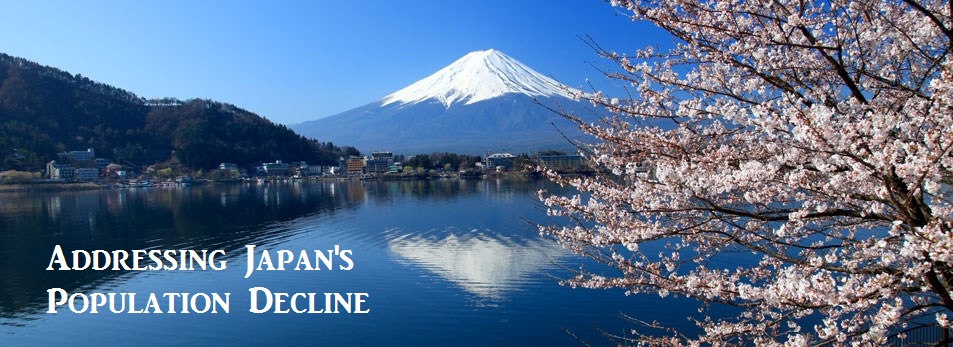Bottled Water– Richard R. Wilk
From Wilk’s 2006 publication about consumerism, he provides a very biased and opinionated piece of work regarding the capitalistic and consumerism based supply and demand of water bottles. This topic fits into the discussion of environmental problems and globalization in a more social and economic way rather than actually degrading the earth. The premise of Wilk’s argument is that people only buy and consume water bottles for the aesthetic, comfort, and health. He includes a few paragraphs in the introduction that include humanity’s relationship to water as a whole and water in a bottle. He states that “every bottle of water is a visual metaphor for control…” He views the need for water bottles as well as the disdain for them by comparing people’s distrust of tap water along with their distrust of large corporations. According to Wilk, the only way to win the business of bottle drinkers is to achieve a certain level of globalization in the sourcing of the water and the color of the label. I found this idea of consumerism somewhat synonymous to that in Japan due to the precedence of females in the market. Since women are starting to live less in line with Japanese tradition and more with their own idea of success, marketing has started to catch on and enhance this view. Like the water, women buy into this consumerism based on the aesthetic. However, differences are seen when women perform traditional rituals such as weddings, and tend to lean towards conforming to their culture again. In the same way that people can quickly abandon a product, women in Japan can abandon a certain ideology behind consumption. This complex culture of consumerism is sexist in a way, yet is not revered by feminists. I found that interesting, particularly because of the way the market shifts to accommodate female “rebellion”.
The Pure Commodity in the Age of Branding
Richard Wilk
From Journal of Consumer Culture, vol. 6, no. 3 (2006): 303–325. Used by permission of SAGE Publications.
